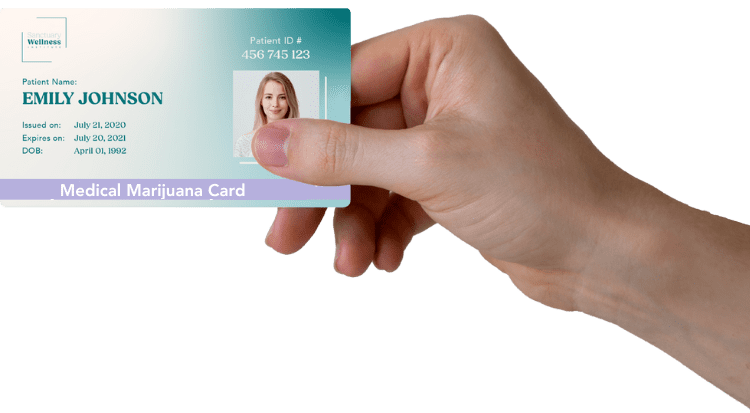Apply for Your Medical Marijuana Card
Make an Appointment with a Licensed Medical Marijuana Doctor and Get Approved TODAY!
Receive a full refund if not approved.
Have questions or prefer to schedule on the phone?
Call: (484) 346-5140











